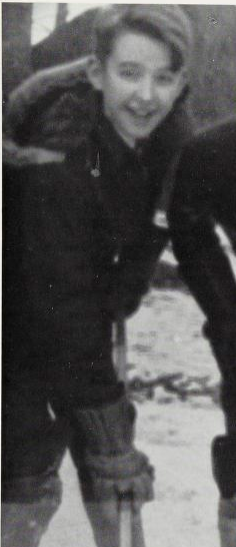
1. Philip Roth's The Ghost Writer has a chapter titled "Married To Tolstoy" about favorite Rothian theme of the pain great writers inflict on the near & dear. Could easily be Married to Dickens, Married to Woolf, Married to Cheever, Married to Naipaul, etc.
2. But if being in the shadow of genius is hazardous, an arms length proximity can be nurturing. Consider Glenn Gould & Robert Fulford who were next door neighbors & best friends at age 9 going forward. 



3. By Fulford's account, even when he was 9, everyone around Gould expected great things about him. There was even a teenage Salieri in the neighborhood who bore a grudge against the budding Canadian Mozart. 



4. Gould was a genius, Fulford not that, in fact a poor student who dropped out of high school to become a sports writer. Yet through the spark of his friendship with Gould Fulford ended becoming, unexpectedly, a writer & critic of distinction. More here: thenation.com/article/cultur…
• • •
Missing some Tweet in this thread? You can try to
force a refresh









